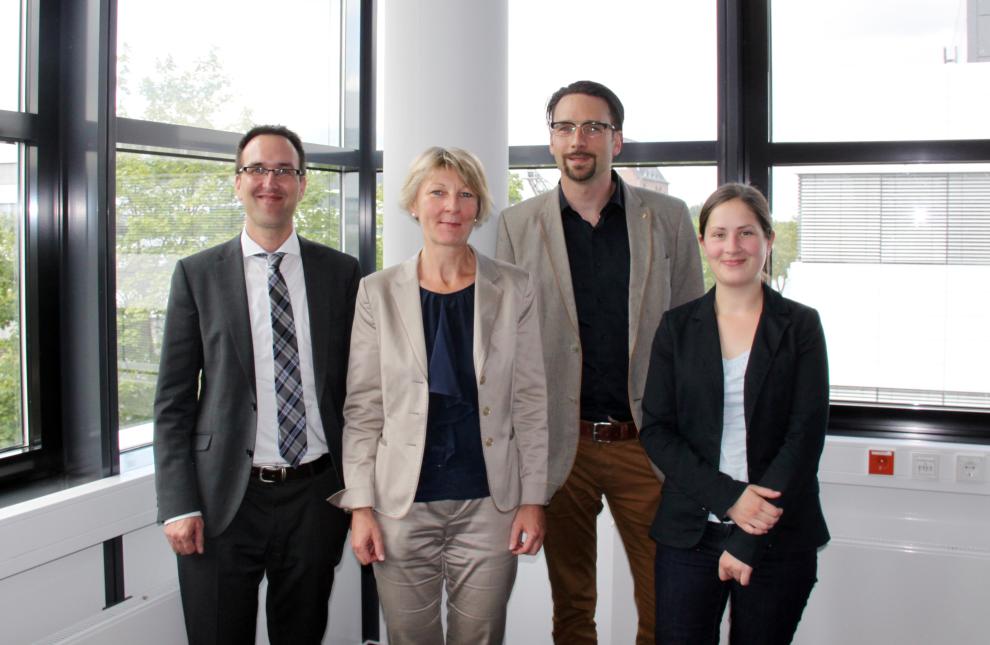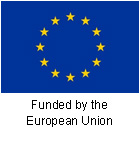Communication is Key for Responsible Research and Innovation
Major Horizon 2020 project “NUCLEUS” investigates governance and cultures in scientific institutions to foster the science-society dialogue / 24 project partners from Europe, Asia and Africa
Kleve/Kamp-Lintfort, July 10, 2015: How should science respond to the needs of the people? How could a socially robust and responsible communication foster a genuine dialogue between, let’s say a university and its stakeholders—whether politicians and entrepreneurs, artists and journalists, or citizens at large? How should scientific institutions deal with their new responsibilities in science communication in the face of the decreasing significance of legacy media and its role as branch within a system of checks and balances? Questions and challenges like these will be tackled by an international consortium of 24 partners in the course of an EU-funded four-year project, coordinated by Rhine-Waal University of Applied Sciences in Cleves, Germany.
The project, which is budgeted with 4 million Euros, is called “NUCLEUS”, an acronym for a “New Understanding of Communication, Learning and Engagement in Universities and Scientific Institutions”. It is expected to start in September 2015.
“Our consortium is aware of how ambitious this project is”, says project leader Professor Alexander Gerber from Rhine-Waal, Germany. “It aims at nothing less than rethinking the very foundations of communication governance in institutionalised science.” The main goal, according to Prof. Gerber, is to find ways to align the communication structures and processes in science on the one hand with the expectations of policy-makers and civil society in the context of “Responsible Research and Innovation” (RRI) on the other. Thereby the rather complex paradigm of “RRI” is also expected to become more accessible to practicing scientists and to the general public.
NUCLEUS describes the scientific institutions as biological ‘cells’, in which the “Nucleus” represents the governance or the leading entity. In order to survive in a dynamic environment, these ‘Nuclei’ need to be appropriately interlinked with other cells around them, such as media, economy, public engagement, and policy. By investigating the links between these ‘cells’ and the obstacles which may hinder a proper upstream engagement in science, the project is expected to result in a widely-applicable ‘DNA’ for RRI, including 30 ‘test beds’ across Europe and a list of practical guidelines for higher education institutions and science-funding agencies. This ‘DNA’ will then form the basis of a living network to ensure the sustainability of the approach beyond the project timeline as well.
NUCLEUS is expected to contribute to the debate on science policy both on national and European levels, including the future design of Horizon 2020 and the European Research Area.
The project coordinator, Rhine-Waal University of Applied Sciences, is one of Europe’s youngest universities and has been explicitly designed to be interdisciplinary and international. It runs Europe’s only full-fledged Bachelor’s degree in science communication.
This project has received funding from the European Union’s Horizon 2020 research and innovation programme under grant agreement No. 664932.
The NUCLEUS consortium comprises the following partners:
Associations
- Beijing Association for Science and Technology, BAST, China
- European Union of Science Journalists' Association, EUSJA, Finland
- European Science Events Association, EUSEA, Sweden
Universities
- University of Aberdeen, UK, Scotland
- Bielefeld University, Germany
- Ruhr University Bochum, Germany
- Delft University of Technology, The Netherlands
- Dublin City University, Republic of Ireland
- University of Edinburgh, UK, Scotland
- Ilia State University Tbilisi, Georgia
- Université de Lyon, France
- University of Malta, Malta
- Nottingham Trent University, UK, England
- Rhine-Waal University of Applied Sciences (Coordinator), Germany
- University of Twente, The Netherlands
Extramural Institutions
- Mathematical Institute of the Serbian Academy of Sciences and Arts, Serbia
- China Research Institute for Science Popularization, CRISP, China
Networks and Municipalities
- City of Bochum / UniverCity Network Bochum, Germany
- Nottingham City Council, UK, England
- Science City Hannover, Germany
- South African Agency for Science and Technology Advancement, South Africa
- Wissenschaft im Dialog, Germany
Science Communication Practice and Evaluation
- Psiquadro, Italy
- Science View, Greece


